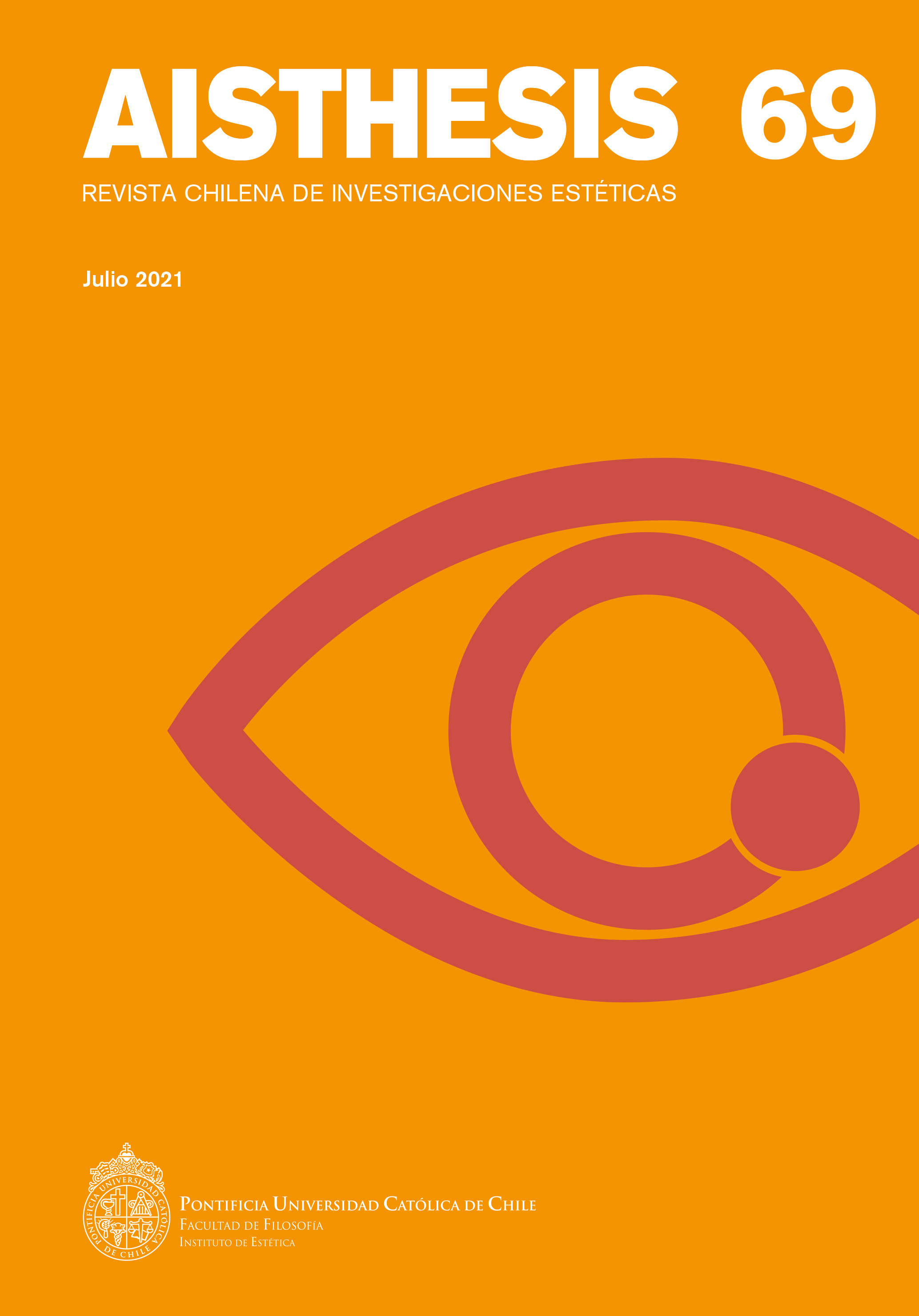Espacio, sociedad y afectos en tres novelas de Valparaíso: Salvador Reyes, Manuel Rojas y Armando Méndez Carrasco
Main Article Content
Abstract
Las tres novelas escogidas responden a la decadencia económica de Valparaíso a mediados del siglo XX al representar el espacio y la sociedad, así como los afectos predominantes: Valparaíso, puerto de nostalgia ([1936]1955) de Salvador Reyes, se sitúa en el Plan de la ciudad y fluctúa entre la idealización nostálgica de la burguesía inglesa y la bohemia del presente; Hijo de ladrón (1951) de Manuel Rojas y El mundo herido (1955) de Armando Méndez Carrasco, privilegian, en cambio, el espacio de los cerros y transitan hacia un período de duelo frente al tiempo perdido, actualizando, respectivamente, los valores ilustrados y la comunidad tradicional.
Downloads
Article Details

This work is licensed under a Creative Commons Attribution-NonCommercial-ShareAlike 4.0 International License.
All contents of this electronic edition are distributed under the Creative Commons license of "Attribución-shareAlike 4.0 Internacional" (CC-BY-SA). Any total or partial reproduction of the material must mention its origin.
The rights of academic works published in this publication belong to their authors., who grant to AISTHESIS: Revista Chilena de Investigaciones Estéticas the license for its use. The management of the permits and the authorization of the publication of the images (or of any material) that contains copyright and its consequent rights of reproduction in this publication is the sole responsibility of the authors of the articles
